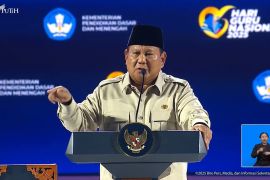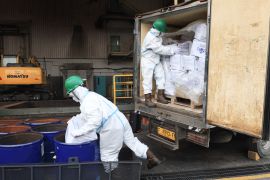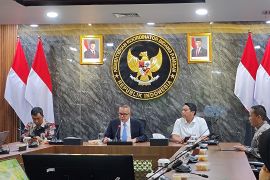"If we look at the current data, many institutions are no longer implementing the health protocols. For example, in tourist attractions or public places," the task force's head of behavior change division, Sonny Harry B. Harmadi, said at a talk show, which was followed online from here on Monday.
Based on data from the COVID-19 Handling Task Force, the decline in health protocol compliance can be seen from many tourist attractions no longer carefully checking incoming visitors using the check-in feature of the PeduliLindungi application, non-functional body temperature checking devices, as well as non-usable hand-washing facilities.
Related news: Independence Day as momentum to strengthen health protocols: govt
This has happened when the COVID-19 positivity rate is showing a rising trend and touched 11.4 percent, with bed occupancy (BOR) in hospitals reaching 6 percent. In addition, there are currently more than 53 thousand active COVID-19 cases in Indonesia.
In fact, according to Statistics Indonesia (BPS) data, in the period from February to March 2022, the community's awareness touched 91.6 percent, which means that the community understood the risk of transmission.
To this end, Harmadi said that the community's compliance with health protocols must be followed by the compliance of institutions or public space managers. Moreover, mask-wearing is the main key to preventing COVID-19 transmission.
He expressed the hope that this year, Indonesia would enter the endemic phase gradually by following the instructions given by President Joko Widodo (Jokowi).
The first case of COVID-19 in Indonesia was confirmed in March 2020. According to data from the COVID-19 Handling Task Force, as of August 15, 2022, the nation has recorded 6,286,362 COVID-19 cases, 6,076,929 recoveries, and 157,252 deaths.
Related news: Epidemiologist seeks greater compliance with PeduliLindungi protocol
Translator: Hreeloita Dharma, Raka Adji
Editor: Rahmad Nasution
Copyright © ANTARA 2022












